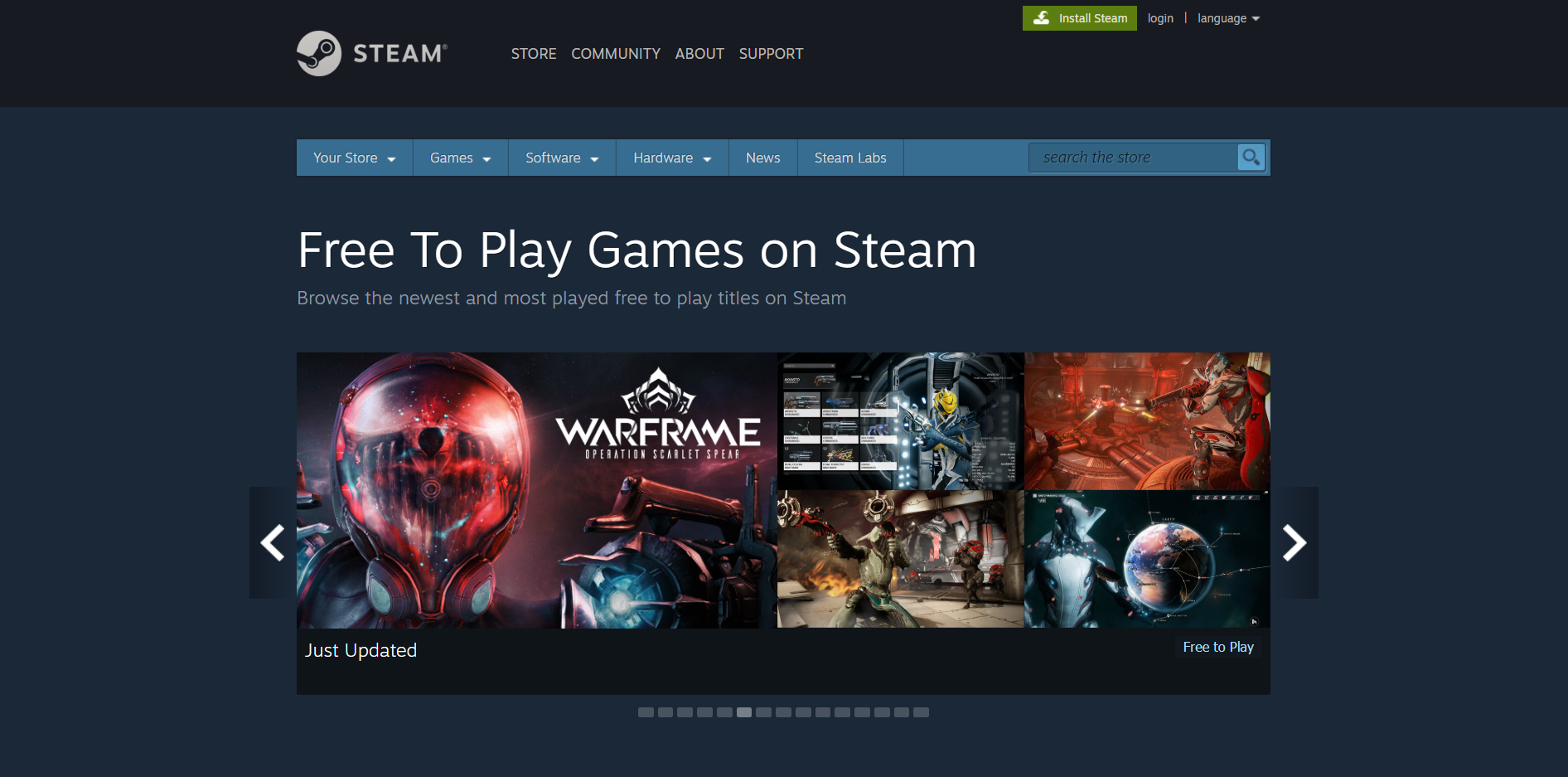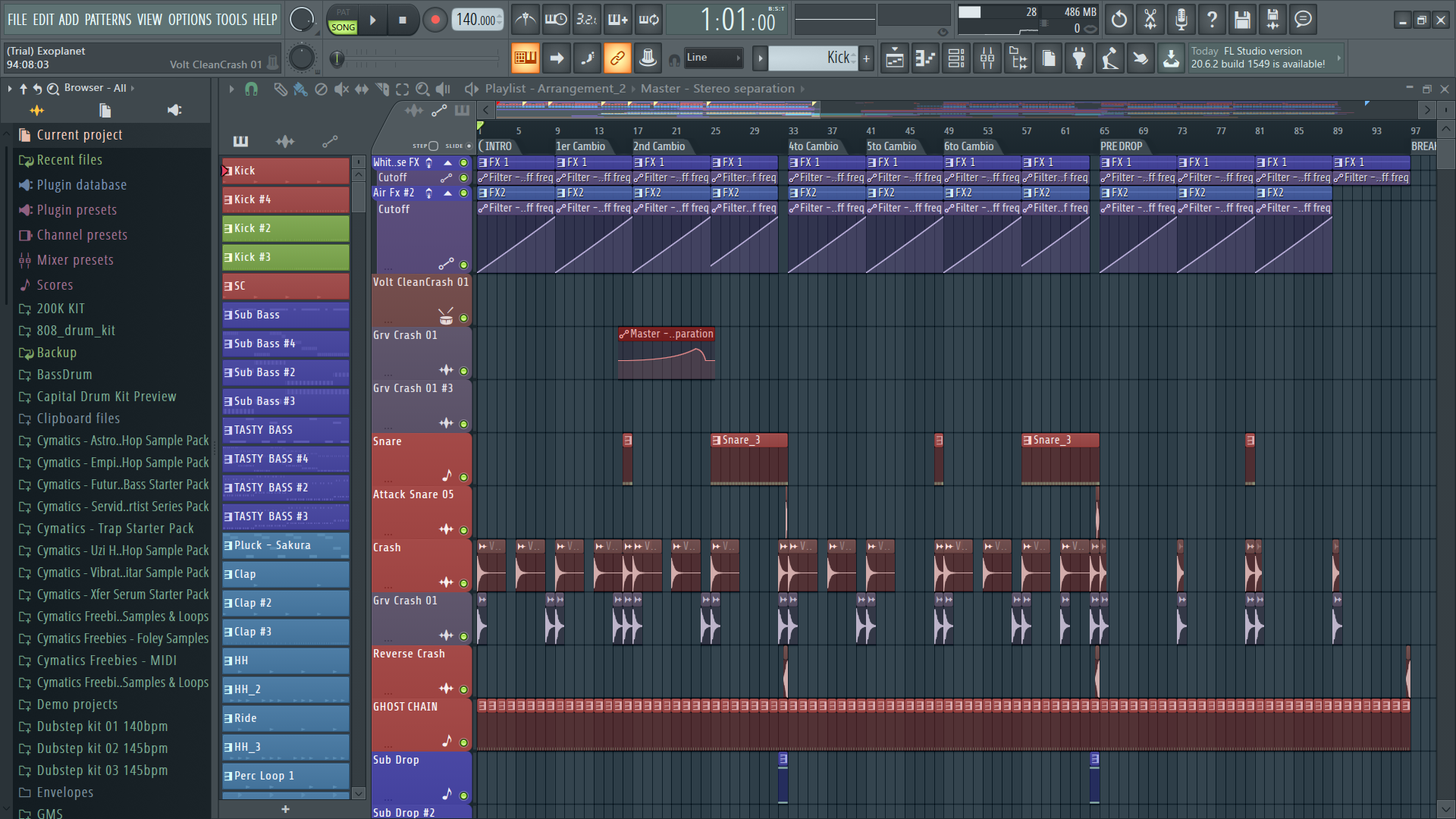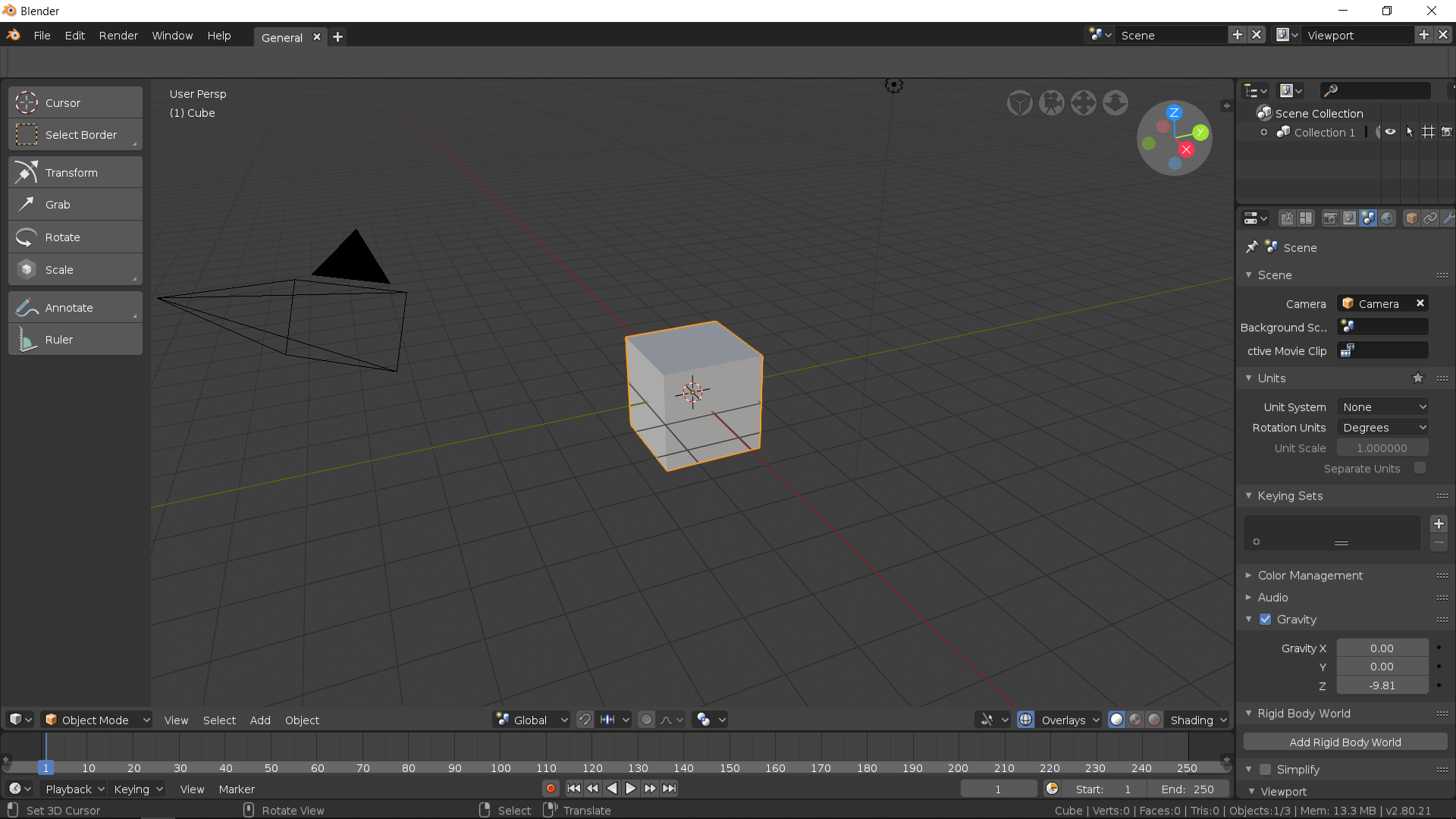Bored and have plenty of time to spare? This is Part 2 of my list of things that could possibly inspire you to start something new! If you haven’t read my ramblings in Part 1, click here. If you have read it and want more things to do, fret not! You’re in the right place. This part of the list is geared more towards creative things you can do with a PC or laptop. At the end of each point, I’ll try to link different resources or things you can check out if you want to get into it!
Now, let’s get right back into it, shall we?
(7) Playing Video Games
I would consider myself a casual gamer but I love immersing myself in a game whenever I have some free time. There are plenty of people out there who already do this but if you haven’t tried playing any, I’m here to help!
First, let’s cover mobile games. We all have phones and it’s the easiest platform to get into. There are plenty of free games for you to try, and if you are willing to fork up some cash, you can even try the paid games. There are the typical casual mobile games such as Angry Birds, Candy Crush, and Plants vs. Zombies which are more relaxed and puzzle or strategy-like. If you’d like something more exciting (and more akin to the games on PC or consoles), you could try your hand at games such as PUBG Mobile (free), Minecraft: Pocket Edition (paid), Vainglory (free), or Identity V (free). I won’t write too much about them to avoid making this post longer than it should be, but I highly recommend checking them out.
Now, how about games on PC? In this, I’ll assume that one would not have a high-spec computer to play from. There are many different digital game distribution services you can get games from, such as Steam, Origin, Battle.net, Epic Games, etc. In fact, if you fancy playing some of the older classic games on PC, I’d highly recommend checking out GOG.com. There are plenty of free games you can try on each service. Steam is probably the main service that players use, but there are games that are unique to each service. Steam has an extensive list of free games available on their platform which you can check out here. Origin is known for the Sims games, which is basically the famous life simulation game franchise.

When it comes to consoles such as Playstation, Xbox, and Nintendo Switch, I don’t think I should talk too much about it as this post would take way too long. Each console has its own console-exclusive games. The console and its games leave a hole in your wallet though, so I won’t really get into it.
Free PC Games that I Recommend
– Brawlhalla (Steam); a platform fighter for up to 8 people, online or local
– Paladins (Steam); a team-based shooter sensation, not unlike Overwatch (graphics-intensive)
– EverQuest II (Steam); a massively-multiplayer role-playing game (MMORPG)
– Sono (Steam); 2D exploration game
– Apex Legends (Origin); a battle royale game
– The Witch’s House (Download); a freeware puzzle-orientated horror game
– Spelunky Classic (Download); a 2D cave exploration/treasure-hunting platformer game
– Battleships Forever (Download); a freeware tactical real-time strategy game set in space
PRO-TIP: Epic Games offers a free game (which you would normally have to pay) on their service every week, so I’d highly recommend getting some free games there. You can check what they’ve offered for free before on this list. CDKeys also offers a lot of discounts on keys for digital versions of games, so do check the site out first if you plan on getting any games.
(8) Video Captioning or Audio Transcription Work
What is this, you may ask? Well, I’ve been part of the online audio/video transcription service community for a while now. Essentially, it is a service to have someone transcribe audio/video into text or caption videos. You can work as a freelancer for this service and earn some pocket money!
When I started out, I applied to be a part of Rev‘s team of workers, though there are tons of other audio/video transcription or captioning services that you can apply to. For Rev, every applicant is required to go through some basic training before taking two tests which would determine if you qualify to be part of the team. If you are good enough to be selected to be part of the community, you are then able to do jobs like these to gain some pocket money on the side. Depending on the length of the audio or text, you will earn money accordingly and you are paid every Monday for work done in the previous week. The more jobs you do, the quicker you will be able to reach higher levels with higher-paying tasks.
Mind you, this often requires having a good ear and research to be able to caption or transcribe certain videos or audios. But it is an interesting way to fill your time out and gain some money at the same time.
Transcription Services You Can Apply To as a Freelancer
– Rev (Site)
– Scribie (Site)
– TranscribeMe (Site)
(9) Experimenting with Music Production

I’ve mentioned in the previous part of this list that I love playing musical instruments. At some point, my interest in music production also evolved. It started out by messing around on my iPhone’s Garageband, and now it has expanded into experimenting with digital audio workstations (DAW) on my computer.
Although I have not personally put enough time in it to really talk about it, I would like to discuss a software called FL Studio which is the music production software I use – do keep in mind I am still using the free trial version. With the trial version, you basically have access to all the features in the paid version. The only setback is the fact that you are unable to re-open any of your previously saved projects. In a way, I find this as good motivation to work on a new beat or melody every time I open the software and hone my creativity.
You don’t have to limit yourself to Garageband (Mac) or FL Studio (Windows and Mac) as there are many different DAWs you can also try such as Ableton Live, and Logic Pro. Keep in mind that these are mostly paid (but also have free trial versions), so here are some free DAWs: Cakewalk by BandLab, Audacity, SoundBridge, and LMMS.
Here are some resources which you could use to ease yourself into the world of music production:
Tutorials for Music Production
– FL Studio 20 Tutorial for Beginners by In The Mix (YouTube)
– Kim LaJoie’s Blog Dump (PDF Download); a collection of tips from producer/artist Kim Lajoie
– Pro Audio Essentials by iZotope (Site)
– Music Production Training and Tutorials on Lynda.com (Site)
Music Theory Lessons
– Ravenspiral Guide to Music Theory (Free PDF Download)
– Music Theory for Songwriters (Site)
– Music Theory for Musicians and Normal People (Site/Free PDF Downloads)
(10) Modelling and Animating with Blender
I’m not talking about the kitchen appliance here. Blender is a FREE open-source 3D computer graphics software toolset that anyone can download and use. It can be used to create animated films, visual effects, art, 3D models, motion graphics, etc. Trust me, it is a very powerful piece of software.

Recently, I’ve just been trying to learn the basics of the software and model some stuff in 3D. I’ve seen so many different artists out there with their style and 3D artwork done in Blender, and they are absolutely beautiful. I hope to be able to start simple animation or visual effects once I get the hang of the software. Admittedly, this does usually require a PC with higher-end specifications, so it might not be for everyone.
I would highly recommend watching tutorials by Blender Guru (Website | YouTube) if you plan on starting out. He’s the one person most people go to when they first start out in Blender.

Tutorials for Blender
– Blender Guru (YouTube/Site)
– Blender Fundamentals by Blender (YouTube)
– CG Geek Tutorials (YouTube)
– Blenderartists Forum (Site)
– Daily Blender Tips by Blender Secrets (YouTube); for intermediate users
(11) Learning to Program/Code
I’m sure you know about the craze around coding. Coding makes things such as websites, apps, and computer software possible! Similar to languages such as English, Malay, Chinese, Tamil, and the like, programming also has formal languages comprising a set of instructions that produce various kinds of output. There is Java, Python, C++, SQL, and many more. Deciding where to start would be pretty difficult, wouldn’t it? What’s the difference between the programming languages? Honestly, it really depends on what you plan on building. It’s like how you wouldn’t spend months learning Swahili before a trip to Japan. And even then, it isn’t as easy as that since many languages could be used to build web apps, for example.
I am definitely no expert in computer science; I’ve really only done Arduino programming (which is super fun, by the way). But after consulting many blog pages and videos, I’ve come to conclude that… okay no, I don’t have a conclusion. Even I can’t decide on a programming language. To start off, HTML or CSS are easy entry points but they really don’t do much besides website-making. Javascript, PHP, SQL, and Python would allow you to make more interactive systems. If you want to build mobile apps, try Swift (iOS) or Java (Android). Unity or even C# would be helpful in video-game making. This is really just the tip of the iceberg. From what I’ve learned, there are some languages that are more versatile and flexible than others, which are Python, C#, and JavaScript.
The true struggle that comes with coding or programming is actually problem-solving. You may know how to code but knowing to code in order to solve a specific problem is the tricky part! But this is not at all trying to discourage you from at least attempting to learn. We all need to start somewhere and who knows where it may take you?
My brain is overloaded at this point. I’d recommend reading this article with infographics on the different programming languages. Please do keep in mind that I have not studied computer science at all and this is just from what I gather when I read blogs related to the matter, or when I discussed it with my friends.
Resources for Learning to Program/Code
– The Odin Project (Site)
– CS50’s Introduction to Computer Science by Harvard (edX)
– freeCodeCamp (Site)
– Hour of Code by Code.org (Site)
– CS Dojo (YouTube)
Is this the end?
Hmmm… I don’t know. These are what came to mind at the top of my head, so I may have more ideas stored somewhere in the soft, squishy blob that is my brain. Will there be a next part to this list? We shall see. Thank you for reading this, if you’ve reached all the way to the end!
